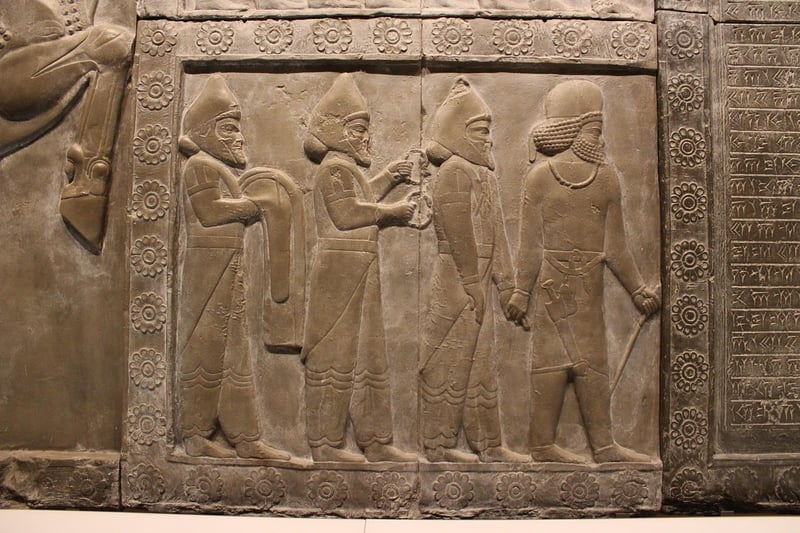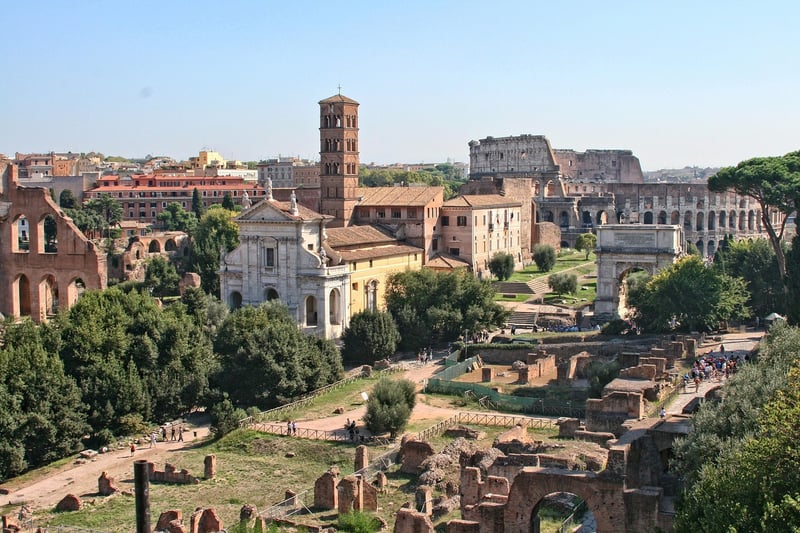Historical Events
Exploring Time Periods and Historical Events
History is a fascinating tapestry woven with the threads of time, each period contributing its unique colors and patterns to the overall narrative of human civilization. Let's embark on a journey through some significant time periods and the historical events that shaped them.
Ancient Mesopotamia (3500 BCE - 539 BCE)
Ancient Mesopotamia, located in the fertile crescent between the Tigris and Euphrates rivers, gave birth to writing, law codes, and urban civilization. The invention of writing, particularly cuneiform script, revolutionized communication and record-keeping.

Key Events:
- Development of the world's first known writing system, cuneiform.
- Construction of monumental ziggurats like the one in Babylon.
- Legal codes such as the Code of Hammurabi, one of the earliest known sets of laws.
The Roman Empire (27 BCE - 476 CE)
The Roman Empire, known for its military prowess, engineering marvels, and legal systems, left an indelible mark on Western civilization. From the grandeur of the Colosseum to the governance structures, Rome's influence extended far and wide.

Key Events:
- Caesar's assassination in 44 BCE marked a turning point in Roman politics.
- The construction of iconic structures like the Roman Forum and the Pantheon.
- The division of the empire into Western and Eastern halves in 285 CE.
The Age of Exploration (15th - 17th centuries)
The Age of Exploration witnessed European voyages to distant lands, leading to the discovery of new territories and the exchange of goods, ideas, and cultures. Explorers like Columbus, Magellan, and Vasco da Gama opened up new horizons.

Key Events:
- Christopher Columbus's voyage to the Americas in 1492.
- The circumnavigation of the globe by Ferdinand Magellan's expedition.
- The establishment of trade routes linking Europe, Asia, Africa, and the Americas.
History is a vast treasure trove waiting to be explored, with each time period offering a glimpse into the tapestry of human experiences. By delving into these historical events, we gain a deeper understanding of our collective past and the forces that have shaped our present reality.
